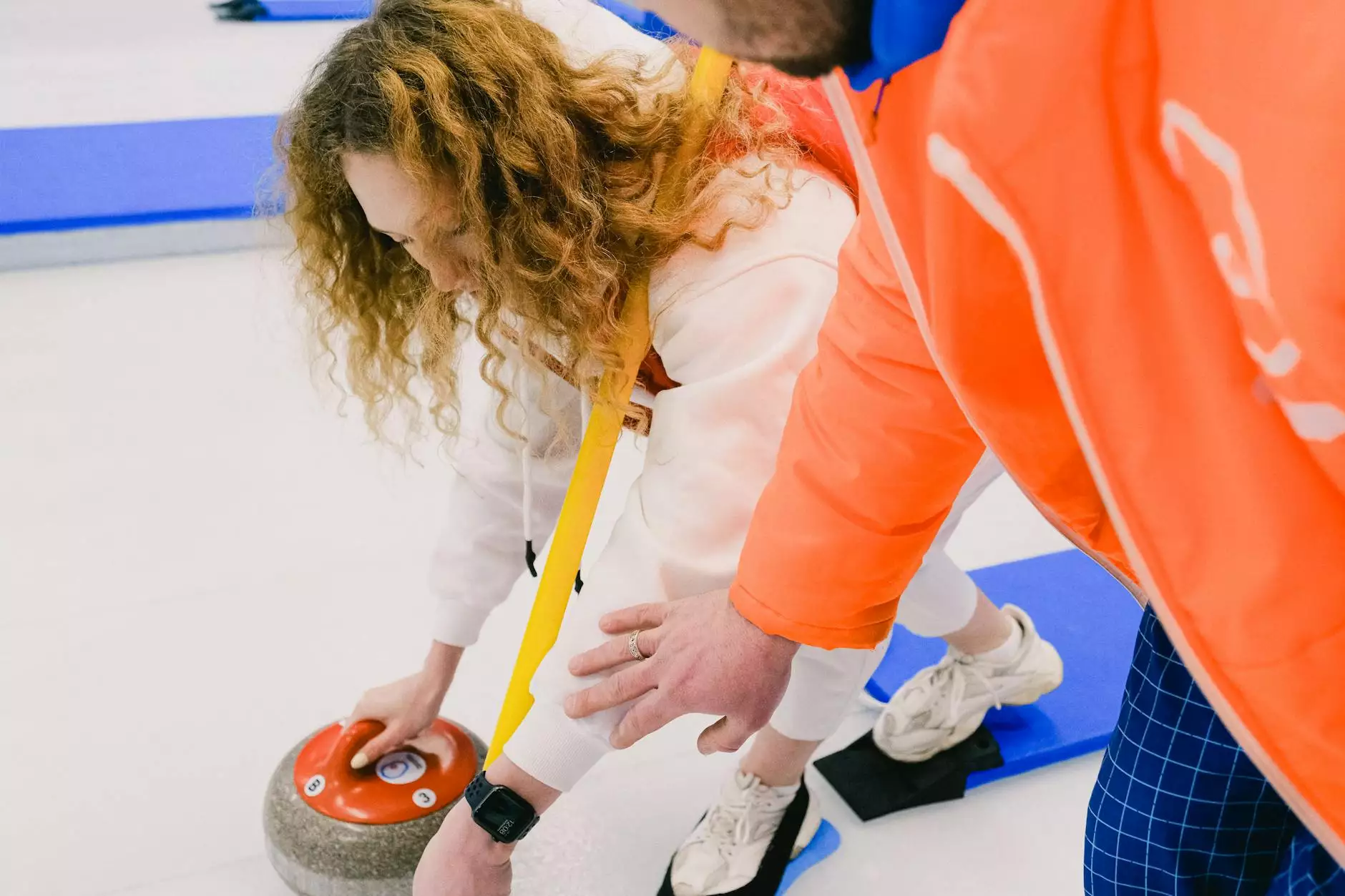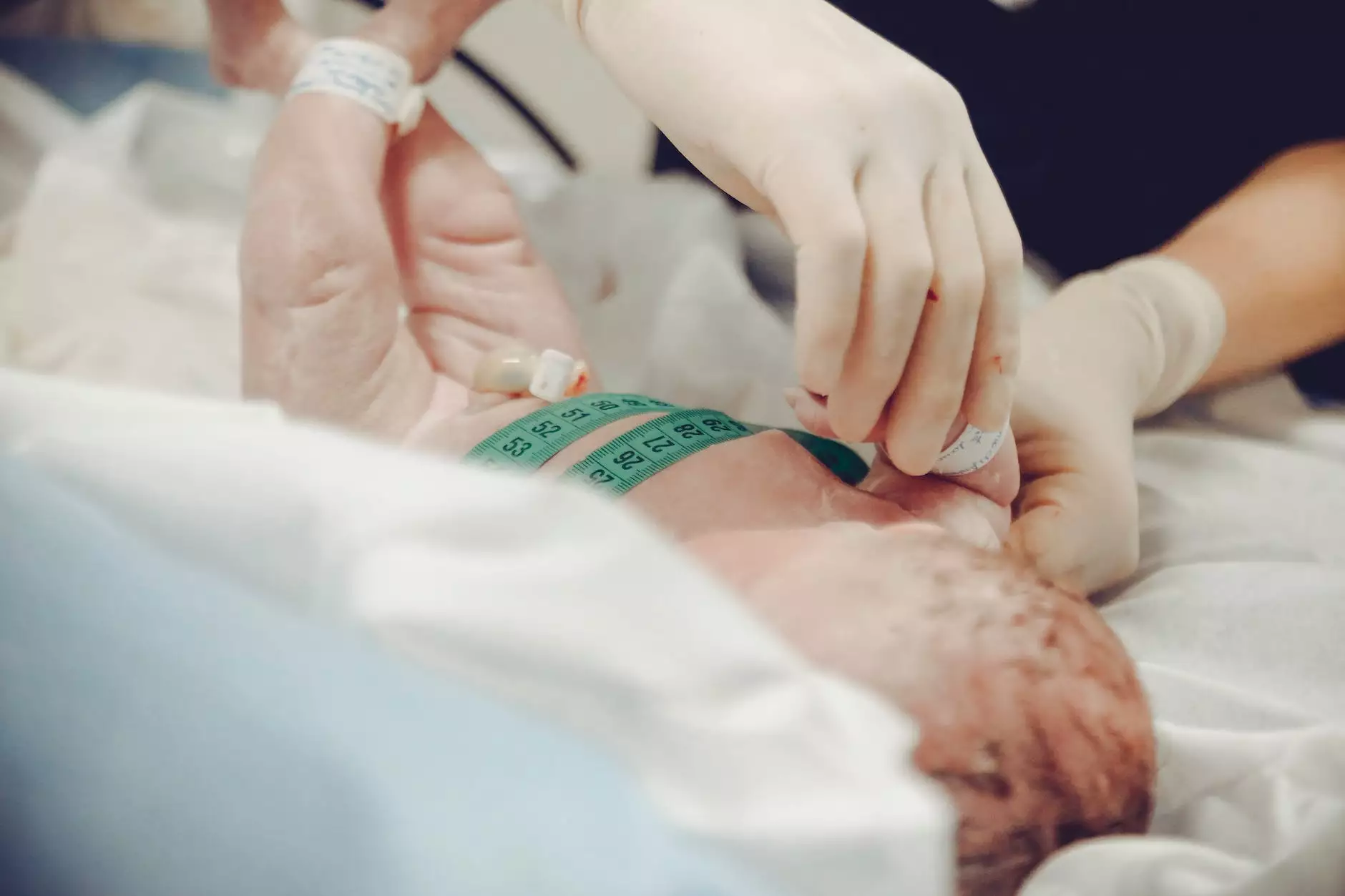Reflective Essay on Stroke Patients

Introduction
Stroke is a medical condition that occurs when the blood supply to the brain is disrupted, leading to damage or death of brain cells. It is a complex condition that requires specialized care and rehabilitation to help stroke patients regain their independence and functionality. In this reflective essay, I will discuss the challenges faced by stroke patients and their rehabilitation journey, highlighting the impact it has on their lives as well as the dedication of healthcare professionals in providing high-quality care and support.
The Impact of Stroke
Stroke can have a devastating impact on individuals and their families. It often leads to physical impairments such as paralysis, loss of coordination, or difficulty with speech. These impairments not only affect the patient's mobility but also their ability to perform everyday tasks such as eating, dressing, or even speaking.
The emotional and psychological consequences of stroke should not be underestimated either. Many stroke patients experience feelings of frustration, sadness, or depression due to the sudden changes in their lives. It is crucial for healthcare professionals to address these emotional challenges alongside the physical rehabilitation to promote holistic recovery.
Rehabilitation Journey
Stroke patients often undergo a comprehensive rehabilitation program to regain their lost abilities and improve their overall quality of life. This journey typically starts in a medical center or hospital specializing in stroke care, where a multidisciplinary team collaborates to provide individualized treatment plans.
Acute Care and Assessment
During the acute care phase, stroke patients are closely monitored and assessed by medical professionals to ensure their safety and diagnose any underlying conditions. This stage involves physical examinations, imaging tests, and consultations with specialists to determine the extent of the stroke and its effects on the patient's body.
Physical Therapy and Rehabilitation
Physical therapy plays a pivotal role in stroke rehabilitation. It involves exercises and interventions aimed at improving muscle strength, range of motion, and functional mobility. Physical therapists work closely with patients to design personalized exercise programs that target specific areas of weakness or disability.
Occupational therapy is also an essential component of stroke rehabilitation, focusing on helping patients regain their independence in daily activities such as dressing, eating, and bathing. Occupational therapists provide adaptive strategies and assistive devices to facilitate the patient's reintegration into their daily routines.
Speech and Language Therapy
For patients experiencing speech difficulties after a stroke, speech and language therapy is crucial. Speech therapists assess and address speech impairments, swallowing difficulties, and cognitive disorders that may affect communication and language skills. Through various techniques and exercises, speech and language therapy helps stroke patients regain their ability to speak, understand, and express themselves effectively.
Challenges Faced by Stroke Patients
Recovering from a stroke is not an easy journey. Stroke patients encounter various challenges that require comprehensive support from healthcare professionals, family members, and the community.
Physical Challenges
Physical challenges include muscle weakness, limited mobility, and loss of balance and coordination. These physical impairments can make simple tasks daunting and affect the patient's overall confidence and independence.
Emotional and Psychological Challenges
Stroke often leads to emotional and psychological challenges, including depression, anxiety, and changes in behavior. Coping with the sudden changes in their abilities and adjusting to a different lifestyle can be overwhelming for stroke patients.
Cognitive Challenges
Stroke can also affect cognitive functions, including memory, attention, and problem-solving abilities. This can impact the patient's ability to make decisions and engage in conversations, leading to frustration and difficulties in social interactions.
Social Challenges
Stroke patients may face challenges in reintegrating into society and maintaining social connections due to physical and cognitive impairments. It is essential for healthcare professionals and the community to create a supportive and inclusive environment to help stroke patients regain their social lives.
The Role of Healthcare Professionals
Healthcare professionals play a vital role in supporting stroke patients throughout their rehabilitation journeys. Medical centers and nursing schools are at the forefront in providing specialized care and education to enable healthcare providers to deliver exceptional services to stroke patients.
Compassionate Care
Healthcare professionals in medical centers and nursing schools are trained to provide compassionate care to stroke patients. They understand the physical and emotional challenges patients face and strive to offer supportive and empathetic care during the rehabilitation process.
Interdisciplinary Collaboration
Stroke rehabilitation often requires a collaborative approach involving various healthcare professionals. In medical centers and nursing schools, interdisciplinary teams consisting of doctors, nurses, physical therapists, occupational therapists, and speech therapists work together to develop comprehensive treatment plans tailored to individual patient needs.
Ongoing Education and Research
Medical centers and nursing schools are dedicated to ongoing education and research in stroke rehabilitation. They invest in continuous learning and staying up-to-date with the latest advancements in stroke care, ensuring that healthcare professionals are equipped with the knowledge and skills necessary to provide the best possible care to stroke patients.
Conclusion
Stroke patients undergo challenging rehabilitation journeys that require comprehensive support from healthcare professionals, family members, and the wider community. Medical centers and nursing schools play a crucial role in providing high-quality care and education to enable healthcare professionals to deliver exceptional services to stroke patients. By understanding the impact of stroke, the challenges faced by patients, and the important role of healthcare professionals, we can work together towards empowering stroke patients on their road to recovery.
reflective essay on stroke patients









